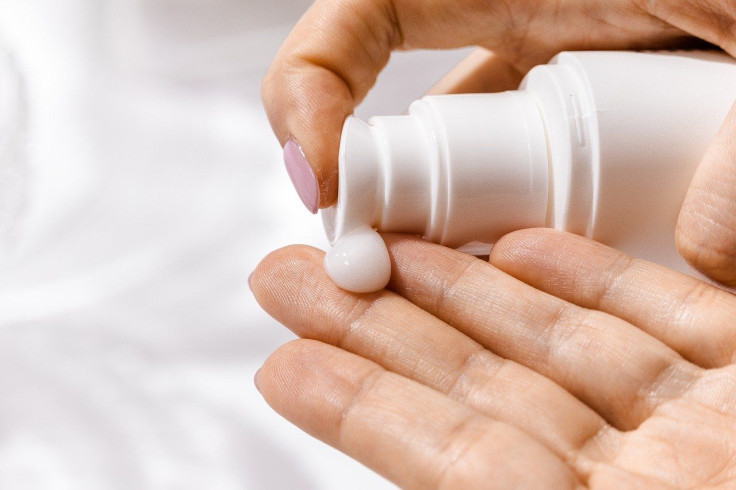New Tests Show Cancer Causing Carcinogen In Popular Sunscreens

A known cancer-causing carcinogen has been detected in 27% of sunscreens after tests by an independent chemical detecting company. Benzene, which can be found in cigarette smoke and cleaning products, was found in multiple popular brands with some levels six times the amount considered safe.
Valisure, a Connecticut-based online pharmacy and lab, tested 294 different sunscreens across 69 different companies — brands included Neutrogena and Banana Boat — and found that 78 product batches with detectable levels of benzene, 26 contained benzene in concentrations between 0.1 ppm and 2.0 ppm and 14 contained over 2 ppm.
Valisure petitioned for the Food and Drug Administration to recall all contaminated products.
"The FDA takes seriously any safety concerns raised about products we regulate, including sunscreen," the Food and Drug Administration told CBS News in a statement.
Valisure states on their website that “Valisure’s mission is to independently check the chemical composition of medications before they reach consumers. Working with stakeholders throughout healthcare and the pharma supply chain, we deliver enhanced quality assurance to your patients and networks.”
Valisure's website noted that some tests came back showing “three times the conditionally restricted FDA concentration limit of 2 parts per million." Benzene was especially found in large amounts for high-level sunscreens between 100-70 SPF, like Neutrogena's Ultra Sheer Weightless Sunscreen Spray, SPF 100+ and Ultra Sheer Weightless Sunscreen Spray, SPF 70.
"Benzene is one of the most studied and concerning human carcinogens known to science. Its association with forming blood cancers in humans has been shown in numerous studies at trace levels of parts per million and below. The presence of this known human carcinogen in products widely recommended for the prevention of skin cancer and that are regularly used by adults and children is very troubling," David Light, Valisure's founder and CEO, said in a company's statement.
Light said the problem could be manufacturing contamination and that only some batches have been affected. CBS News noted that more products passed than failed.
“I think it was actually a surprise that benzene was detectable in some of these products,” said Dr. Susan Massick, an Associate Professor of Dermatology at The Ohio State University. “This is not something considered an active ingredient or even a necessity, it’s something that companies can avoid in their manufacturing process.”
Statements to CBS News include some brands coming back with statements defending their products like J&J and Banana Boat. Other companies like CVS and SunBum, responded that they are going to do further research to ensure the safety of their consumers.
“It is important consumers know that they should not avoid using sunscreen and should continue to do so," Valisure stated.
The press release cited Dr. Christopher Bunick, MD, Ph.D., Associate Professor of Dermatology at Yale University, who touched on how many sunscreens are safe.
"It is important for people, especially heading into the summer months, to understand that many sunscreen products tested by Valisure did not have benzene contamination, and those products are presumably safe and should continue to be used, along with appropriate hats and sun-protective clothing, to mitigate skin cancer risk," Bunick said.





















